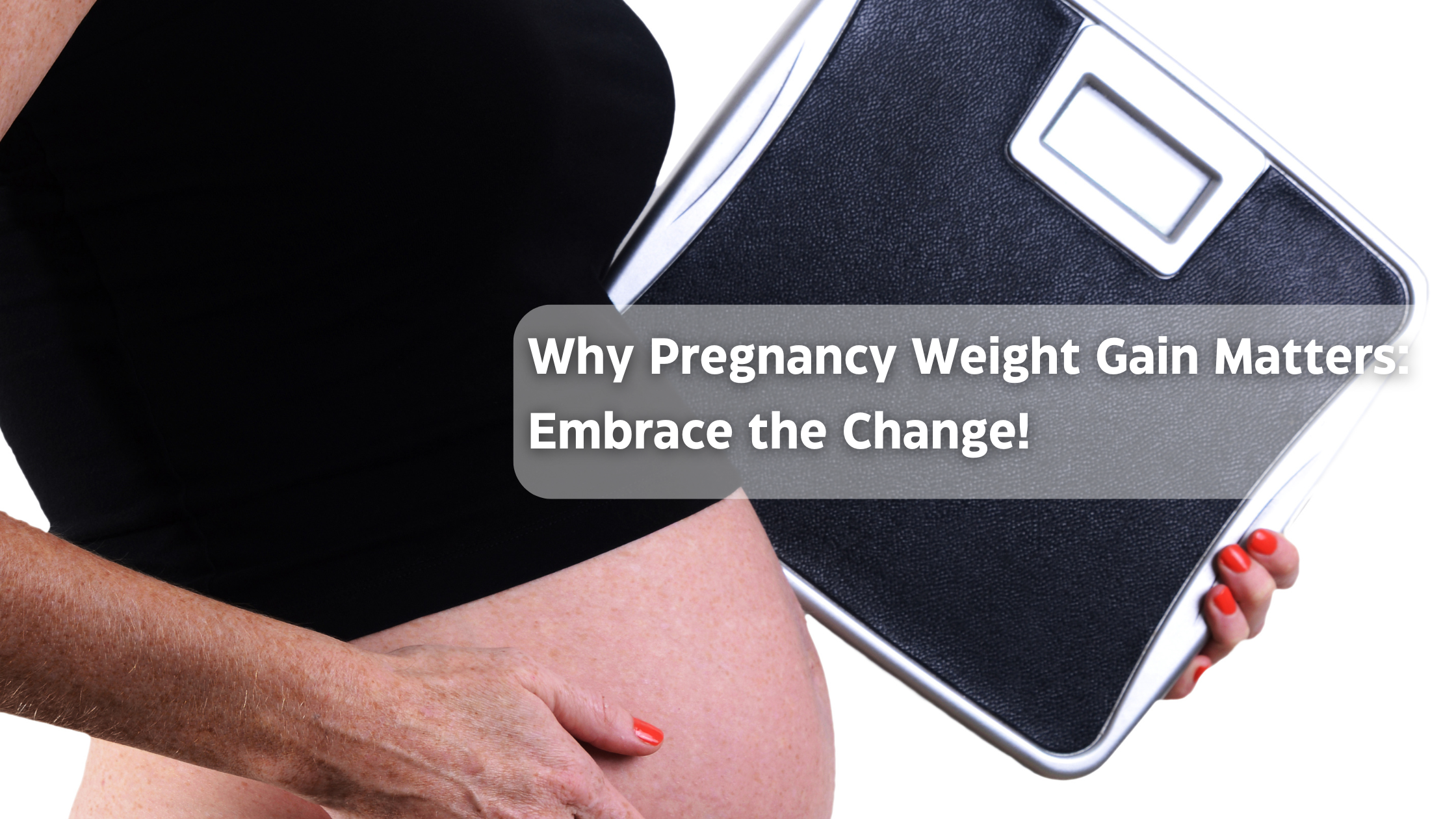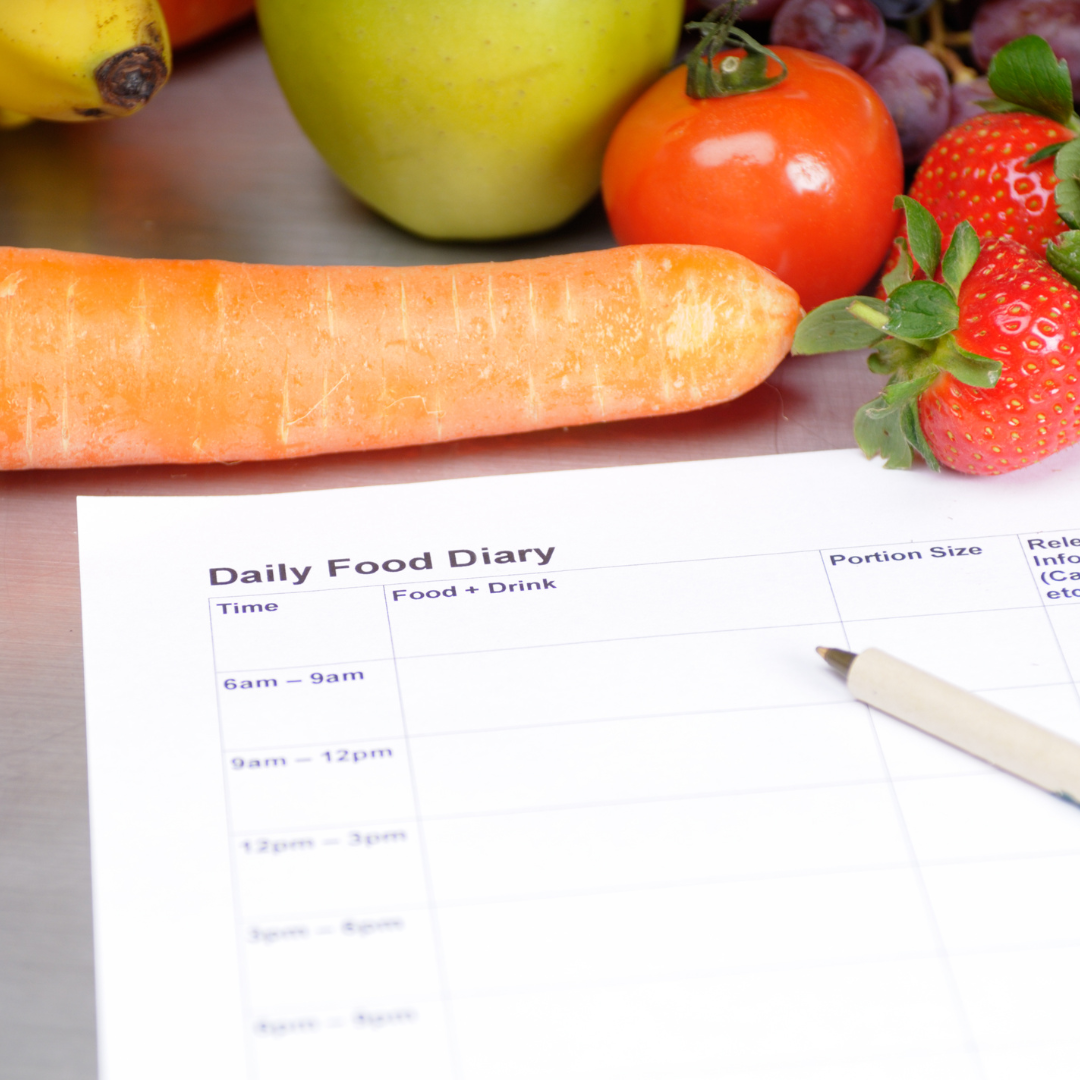Why Pregnancy Weight Gain Matters: Embrace the Change!
UNDERSTANDING THE SIGNIFICANCE OF PREGNANCY WEIGHT GAIN

THE ROLE OF NUTRITION AND EXERCISE IN PREGNANCY
Proper nutrition and exercise are key to a healthy pregnancy, supporting both the baby’s development and the mother’s well-being. Eating a balanced diet provides essential nutrients for fetal growth and helps the mother adapt to physical changes. Regular, safe exercise can boost energy, improve mood, ease common discomforts, and prepare the body for labor. Together, good nutrition and moderate activity promote healthy weight gain and reduce the risk of complications like gestational diabetes. Always consult your doctor to ensure your diet and fitness routine are right for your pregnancy.
FACTORS INFLUENCING WEIGHT GAIN DURING PREGNANCY
Pregnancy weight gain is influenced by factors like your pre-pregnancy weight, metabolism, genetics, and whether you're carrying multiples. Your diet and activity level play a significant role eating too much or too little can lead to unhealthy weight changes, and hormonal fluctuations can impact appetite and metabolism. Medical conditions, such as thyroid issues, can also affect weight gain. It’s important to discuss any concerns with your healthcare provider to ensure healthy weight management throughout your pregnancy.
MANAGING PREGNANCY WEIGHT GAIN FOR OPTIMAL HEALTH
Do Not Diet During Pregnancy!
Dieting during pregnancy can be harmful, as it may deprive your baby of vital nutrients needed for healthy growth. Instead of cutting calories, focus on a balanced, nutritious diet to support proper weight gain and fetal development. Restricting food can lead to complications like low birth weight and may affect your own energy and health. Pregnancy is not the time to lose weight if you’re concerned about weight gain, consult your doctor for guidance on healthy eating that meets both your needs and your baby’s.
Tips for Healthy Eating and Exercise Routines
To support a healthy pregnancy, eat a variety of nutrient-rich foods including fruits, vegetables, whole grains, lean proteins, and healthy fats like those from avocados and nuts. Stay well-hydrated by drinking plenty of water, and manage hunger and energy levels by having small, frequent meals throughout the day, this can also help reduce nausea. Choose snacks that combine protein and complex carbs for lasting energy. Aim for about 30 minutes of moderate exercise most days, such as walking, swimming, or prenatal yoga, but always listen to your body and stop if you feel any pain or discomfort.
HOW TO MONITOR YOUR WEIGHT AND WELL-BEING
Regular prenatal check-ups are essential for monitoring healthy weight gain and overall well-being during pregnancy. Your doctor will track your progress and tailor advice to your specific needs. Keeping a food diary (image 1) can help you stay mindful of your eating habits and make it easier to discuss your diet with your healthcare provider. Also, listening to your body, your energy, mood, and physical comfort are valuable indicators of how you're doing. If anything feels off, always reach out to your doctor for support and guidance.

SUPPORTING YOUR BODY POST-PREGNANCY: BEYOND THE SCALE
The Importance of Body Composition and Self-Care
After pregnancy, it's important to focus on overall health rather than just weight. Body composition is more significant than the number on the scale, and gentle exercises to build muscle can help boost metabolism. Prioritize self-care during the postpartum period by getting enough rest, staying hydrated, and eating nutritious meals to support your recovery and milk production if you're breastfeeding. Remember, your body has gone through significant changes, so be patient and kind to yourself as you adjust to your new normal. Celebrate all that your body has accomplished.
How Long Does It Take to Lose Pregnancy Weight?
Losing pregnancy weight takes time, and most women lose about half of it by 6 weeks postpartum. The rest may take several months to a year to fully lose. Breastfeeding can aid in weight loss by burning extra calories, but it shouldn't be your only method maintaining a balanced diet and regular exercise is still essential. Set realistic weight loss goals, aiming for about 1-2 pounds per week, as rapid weight loss can be unhealthy and hard to sustain. Always consult your doctor before starting any postpartum diet or exercise program.

Emotional Support for New Mothers and Weight Management
New mothers often feel pressured to “bounce back” quickly, which can create stress and unrealistic expectations remember, your worth isn’t defined by your weight or appearance. Reach out to family, friends, or other new moms through support groups to share experiences and remind yourself you’re not alone. If you’re struggling with body image or mood swings, talk openly with your doctor, they can offer resources or refer you to a mental health professional who can help you navigate this challenging time.
SUMMARY
In summary, pregnancy and postpartum weight management is a journey that involves patience, self-care, and balanced choices. Focus on nourishing your body with nutritious foods, staying active with safe exercises, and listening to your body’s needs. Remember, your worth isn't tied to the number on the scale, and it’s okay to take time for your body to heal and adjust. Seek support from loved ones and healthcare professionals to ensure both your physical and emotional well-being. Embrace this incredible chapter with care and kindness toward yourself.

